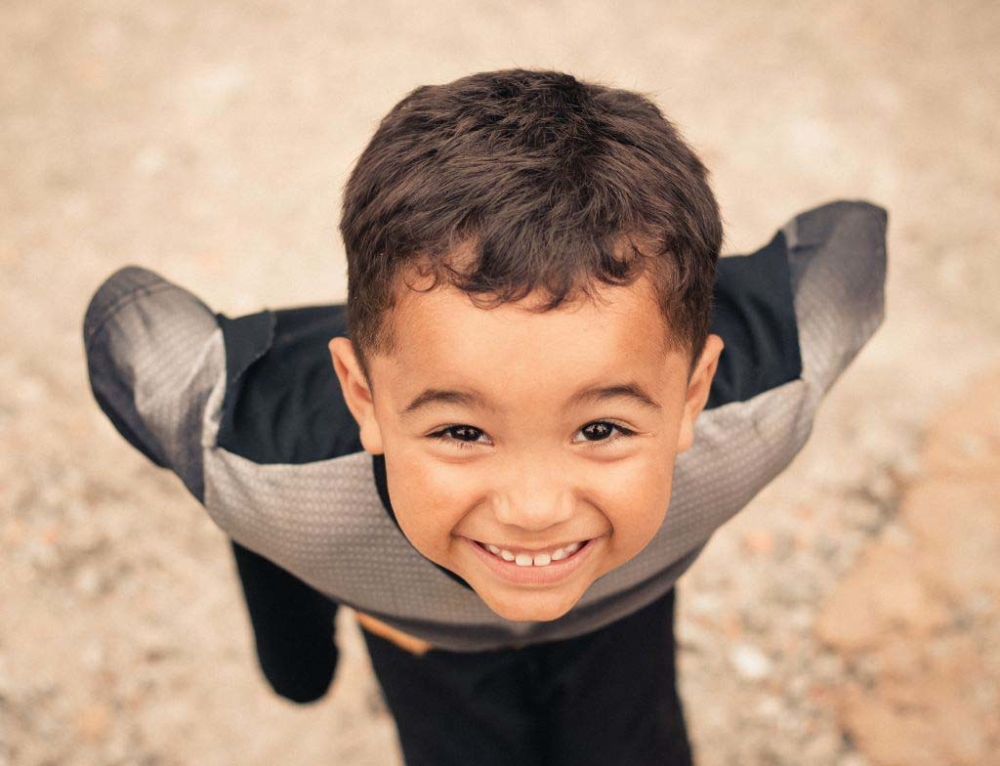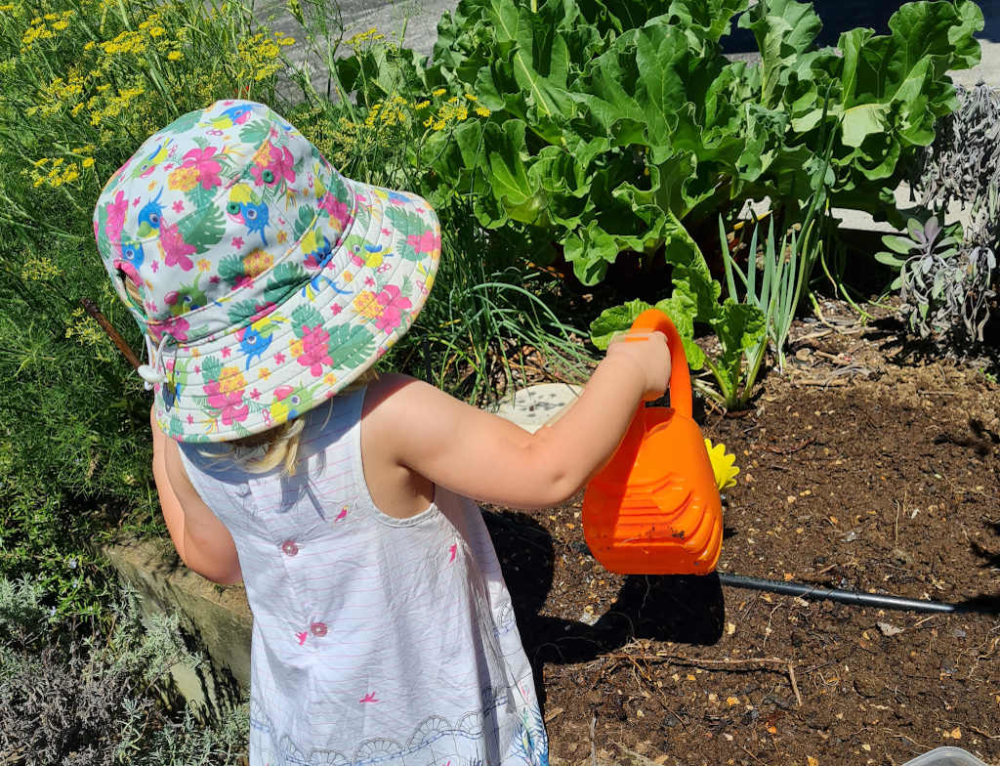When it comes to children’s development, there’s no substitute for outdoor play. Getting some fresh air and spending time in nature comes with numerous advantages, especially for children who are still learning to stand on their own two feet.
The primary reason for this is that outdoor play can holistically elevate various elements of a child’s development. From keeping children physically active to enhancing their cognitive abilities, there are a plethora of ways playing outdoors can help your child grow.
As such, parents may wish to make fruitful attempts to foster a love for outdoor play in their children from a young age. These activities can provide vast learning opportunities that a child may not find anywhere else.
Let’s look into these advantages in more detail.
1) Outdoor play boosts physical health
Being holed up in a cramped room day in and day out can do a number on a child’s physical health. It may restrict their range of motion, causing their muscles to go underutilised.
In contrast, outdoor play gives children the chance to move about freely, helping them expend their energy healthily and productively. This, in turn, helps to improve their physical fitness, coordination, and motor skills.
For instance, playing games such as hopscotch, skipping, or catch, require children to use their motor skills. These help children to interact with their surroundings and develop a sense of spatial awareness and fast reflexes. In addition, these games help strengthen a child’s stamina and muscles due to the regular exercise they’re getting from continuously moving around.
2) Outdoor play prevents near-sightedness
Believe it or not, spending time outdoors can decrease the likelihood of children developing near-sightedness. Some studies have found that spending at least an hour a day playing outdoors can decrease a child’s risk of developing myopia by 14%.
There are multiple reasons why playing outdoors affects eye health. For one, safe exposure to the sun’s rays can help slow the elongation of the eye. In addition, spending time outdoors provides your child with a dynamic scenery where they’ll have to focus on objects both far away and close by. This helps their eyes relax, especially when compared to spending their time glued to a smartphone or tablet.
3) Outdoor play enhances cognitive abilities
When playing outdoors, there’s a whole range of stimuli that your child can take in and process. They’ll have to take into account the weather, their surroundings, the people around them, and things that come and go. This isn’t only limited to sight, either. Children use their sense of hearing and touch when playing outdoors, which helps to further immerse them in their environment.
This cognitive stimulation is important for several reasons. For one, this sizable influx of information trains the brain to process everything it’s seeing and experiencing. It also strengthens a child’s focus and concentration since they’re likely paying attention to one continuous task as opposed to a continuous stream of stimuli.
That said, one of the most important cognitive benefits a child can develop from outdoor play is the sharpening of their executive function. Playing outside helps children to better plan, organise, and prioritise tasks.
Academic context or otherwise, regularly engaging in outdoor play can improve executive function significantly.
4) Outdoor play develops social skills
Outdoor play is a fantastic way for children to develop social skills as it helps them interact with others of their age group. Many outdoor games and activities require children to work together to achieve a common goal, which helps them to develop important skills such as teamwork, compromise, and cooperation. Some games also harness a spirit of competitiveness in a healthy and non-destructive way.
In addition, a study showed that kids who frequently play outdoors may be less likely to engage in bullying behaviour. One theory is that they develop a sense of empathy and social responsibility from interacting with others in an outdoor setting.
They’ll also have the social skills to get along with others. Having said that, every parent strives to provide the finest environment for their children. If you want the best education for your child, learn more here about a childcare facility that offers just that.
5) Outdoor play fosters a love of nature
Kids who spend time outdoors are more likely to appreciate nature and want to protect it as they grow older. This is because they have already developed first-hand experience and knowledge about their local flora and fauna. From the trees that they’ve climbed to the bugs that they’ve caught, kids who play outdoors have a connection to nature that those who don’t will likely never have.
With many of the world’s resources being depleted at a breakneck pace, it’s more important than ever to instil a sense of appreciation for nature in children. This way, the planet is preserved for future generations to enjoy.
6) Outdoor play encourages independence
When children are outdoors, they’re more likely to explore and learn on their own. This is because the outdoor environment provides them with a sense of freedom and independence that they may not feel when indoors.
One way this is seen in action is when kids are playing in a park. They’re likely to climb on the jungle gym or swing by themselves without any assistance from adults. This helps them develop a sense of self-reliance and confidence in their abilities.
While it’s always important for an adult to be around to supervise them, maintaining a healthy distance can give kids the chance to explore and grow on their own.
This article was written by Lucy Mitchell, Content Manager for Current.com.au | The Home of Australian Product Reviews, with editing by Kidspot NZ.
The appearance of external hyperlinks does not constitute endorsement by Kidspot NZ of the website, information, products or services contained therein. All views are those of the author.
See more:







Leave A Comment
You must be logged in to post a comment.